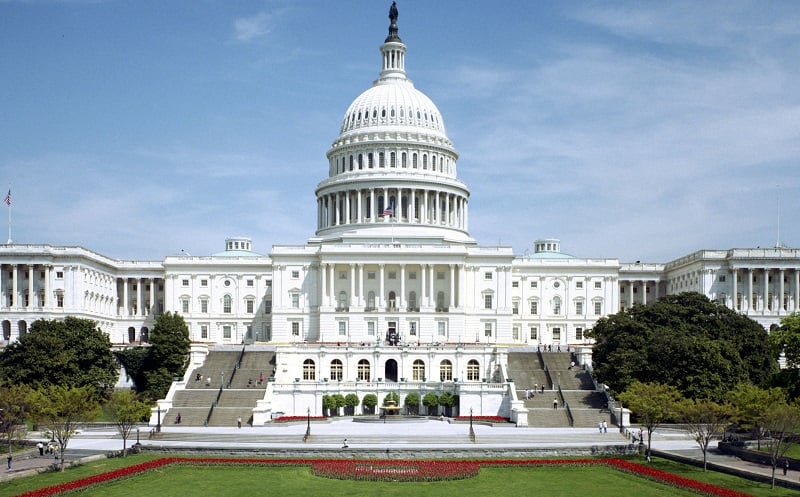Earlier this year, Congress finally passed a funding bill for NIH for fiscal year (FY) 2026. The bill includes an increase of ~$415 million for the National Institutes of Health, including a $10 million increase for diabetes research, and language we had supported to protect NIH by limiting a budget maneuver called multi-year funding, prohibiting arbitrary caps to indirect cost rates, requiring grants be paid within 5 business days, and reclaiming congressional authority over spending. This was a major victory considering that originally the administration proposed a 40% cut to NIH research, cancelled thousands of grants, and proposed restructuring the NIH in ways that would disrupt endocrine research.
TAKE ACTION: If you receive NIH funding for your research, we are encouraging you to thank your Representative and Senators for the work they did to provide increased funding and protections for the agency. This will also help develop congressional champions to ensure future funding for the critical work that you do. Please join our online advocacy campaign to thank Congress for their support of NIH today!
This month, and in collaboration with the European Society of Endocrinology, members of the Endocrine Society’s EU EDC Task Force met with representatives from the cabinets of several European Commissioners to share our priorities for the current term related to the regulation of endocrine-disrupting chemicals (EDCs). Our key message was to impress upon the Commission the need to update the EU regulation on the Registration, Evaluation, Authorisation and Restriction of Chemicals (REACH) to better identify and manage hazards from EDC exposures. Specifically, we advocated that REACH reform should include better data requirements to identify substances with EDC properties, group-based restrictions to prevent regrettable substitutions, and the incorporation of a mixture-assessment factor to account for combination or synergistic effects of hazardous chemicals. While thanking us for sharing the latest science on EDCs with them, Commission officials acknowledged the delays in developing a comprehensive REACH proposal and encouraged us to also engage on efforts to manage chemicals in parallel to REACH reforms, such as legislative efforts to control exposure to Per- and Polyfluoroalkyl substances (PFAS). We will continue to educate the Commission as well as the EU Parliament about the public health impacts from exposure to EDCs and the need for science-based strategies to identify and manage these chemicals.
In December, the Food and Drug Administration (FDA) announced it was seeking public comments to help inform considerations related to testosterone therapy for men. The FDA specifically was looking for feedback to its advisory group webinar released in December and responses to a range of scientific questions. The request for information provided the Endocrine Society an opportunity to share its scientific perspective with the FDA on scientific considerations that should guide testosterone use.
The Endocrine Society brought a group of members to draw from its clinical practice guideline, “Testosterone Therapy in Men with Hypogonadism” and their expertise in testosterone replacement therapy and men’s health to develop comments. The Society’s comments highlighted several areas where more research is needed, including:
Our complete comments are available here.

We rely on your voice to advocate for our policy priorities. Join us to show our strength as a community that cares about endocrinology. Contact your US representatives or European Members of Parliament through our online platform. Take action and make a difference today.